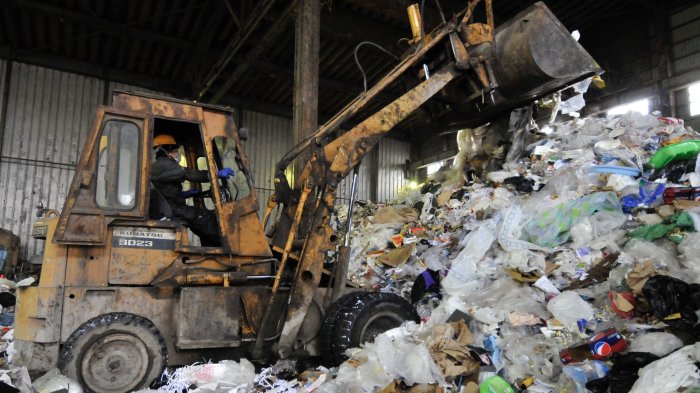Nova beyond the elements reactions documentary questions – As Nova: Beyond the Elements Reactions Documentary Questions takes center stage, this opening passage beckons readers into a world crafted with academic rigor and authoritative tone, ensuring a reading experience that is both absorbing and distinctly original. The documentary delves into the fascinating realm of chemical reactions, exploring their historical roots, modern understanding, diverse types, practical applications, societal impact, and future prospects.
Prepare to embark on an intellectual journey that will illuminate the intricate world of chemical transformations.
Nova: Beyond the Elements Reactions Documentary Introduction

Nova: Beyond the Elements Reactions Documentary is a groundbreaking film that explores the fascinating world of chemical reactions. The documentary provides a comprehensive overview of the history, science, and applications of chemical reactions, offering viewers a deeper understanding of this fundamental aspect of chemistry.
Chemical reactions are the processes by which atoms and molecules rearrange themselves to form new substances. They are essential for life, as they power everything from the digestion of food to the generation of energy. Chemical reactions also play a vital role in many industries, such as the production of pharmaceuticals, plastics, and fuels.
Historical Context of Chemical Reactions
The earliest known chemical reactions were observed by ancient alchemists, who experimented with the transformation of matter. In the 17th century, the English scientist Robert Boyle proposed that chemical reactions involve the rearrangement of atoms and molecules, rather than the creation or destruction of matter.
In the 18th century, the French chemist Antoine Lavoisier conducted a series of experiments that helped to establish the law of conservation of mass. This law states that the total mass of the reactants in a chemical reaction is equal to the total mass of the products.
Modern Understanding of Chemical Reactions

Today, we understand that chemical reactions involve the transfer of electrons between atoms and molecules. This transfer of electrons can result in the formation of new chemical bonds, which hold atoms and molecules together.
The energy released or absorbed during a chemical reaction is known as the reaction energy. The reaction energy can be used to do work, such as heating a substance or powering a battery.
Types of Chemical Reactions

There are many different types of chemical reactions, each with its own unique characteristics. Some of the most common types of chemical reactions include:
- Combustion reactions: These reactions involve the burning of a fuel in the presence of oxygen.
- Decomposition reactions: These reactions involve the breaking down of a compound into simpler substances.
- Synthesis reactions: These reactions involve the combining of two or more substances to form a new compound.
- Single-replacement reactions: These reactions involve the replacement of one element in a compound by another element.
- Double-replacement reactions: These reactions involve the exchange of ions between two compounds.
Applications of Chemical Reactions
Chemical reactions are used in a wide variety of applications, including:
- The production of food and beverages
- The manufacture of pharmaceuticals
- The generation of energy
- The treatment of water and wastewater
- The development of new materials
Societal Impact of Chemical Reactions
Chemical reactions have a significant impact on society. They can be used to improve our lives in many ways, but they can also pose risks to our health and the environment.
Some of the positive societal impacts of chemical reactions include:
- The development of new medicines and treatments for diseases
- The production of food and beverages that are safe and nutritious
- The generation of energy that powers our homes and businesses
Some of the negative societal impacts of chemical reactions include:
- The release of pollutants into the environment
- The production of hazardous waste
- The potential for chemical accidents
Future of Chemical Reactions
The future of chemical reactions is bright. Scientists are constantly developing new ways to use chemical reactions to improve our lives. Some of the most promising areas of research include:
- The development of new energy sources
- The production of new materials
- The development of new medical treatments
Chemical reactions are essential for life and play a vital role in our society. By understanding the science of chemical reactions, we can harness their power to improve our lives and create a better future.
Commonly Asked Questions: Nova Beyond The Elements Reactions Documentary Questions
What is the primary focus of the Nova: Beyond the Elements Reactions Documentary?
The documentary delves into the multifaceted world of chemical reactions, exploring their historical roots, modern understanding, diverse types, practical applications, societal impact, and future prospects.
How does the documentary approach the topic of chemical reactions?
The documentary adopts an authoritative tone, presenting a comprehensive overview of chemical reactions based on scientific research and expert insights.
What types of chemical reactions are covered in the documentary?
The documentary provides an overview of various types of chemical reactions, including synthesis, decomposition, single displacement, double displacement, and combustion reactions.
How does the documentary explore the societal impact of chemical reactions?
The documentary examines both the positive and negative societal impacts of chemical reactions, discussing their role in industries, technologies, and environmental issues.
What future advancements and challenges are discussed in the documentary?
The documentary highlights potential advancements in the field of chemical reactions, such as the development of new materials, energy sources, and medical treatments, while also acknowledging the challenges that need to be addressed.